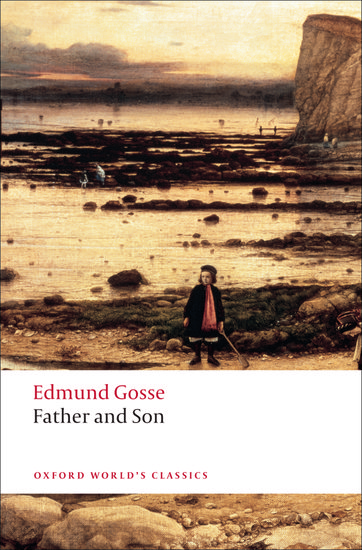Woman as protagonist in BBC’s re-adaption of Conrad’s The Secret Agent
With the recent surge of interest in Conrad’s text following the programme airing in July, one needs to question the contribution that BCC’s adaption offers to the oeuvre of Conrad’s criticism. Tony Marchant’s adaption is acutely aware of global relevance of this text, noting that the “contemporaneity just hit[s]” you “in the face”. Yet, his production precisely fails in this presentation of terrorism.






